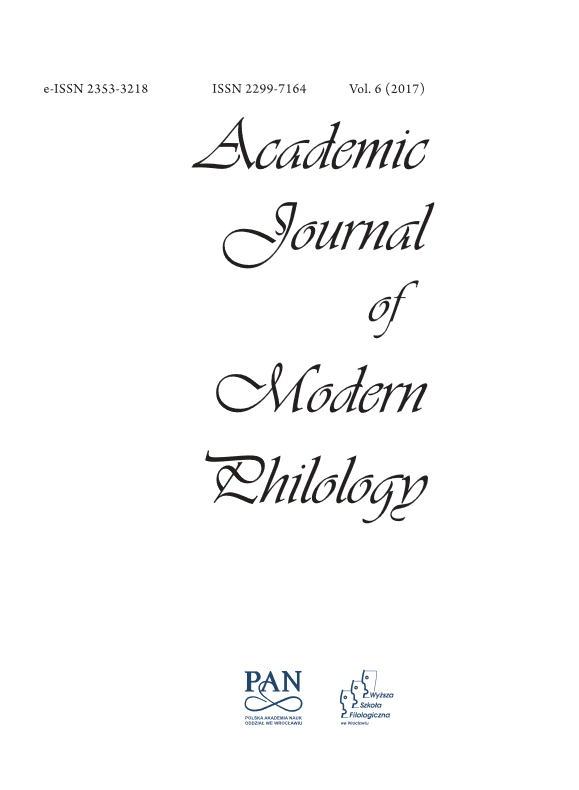Word-Final Obstruent Devoicing in Maltese: Inherited, Internal Development or Contact-Induced?
Word-Final Obstruent Devoicing in Maltese: Inherited, Internal Development or Contact-Induced?
Author(s): Andrei A. AvramSubject(s): Language studies, Language and Literature Studies, Phonetics / Phonology
Published by: Komisja Nauk Filologicznych Oddziału Polskiej Akademii Nauk we Wrocławiu
Keywords: Maltese; contact linguistics; obstruents; sound change; devoicing; Maltese dialects
Summary/Abstract: Maltese is a peripheral dialect of Arabic heavily influenced by Sicilian and Italian (see e.g. Krier 1976). Maltese is believed by some to be an offshoot of Sicilian Arabic, but this is subject to debate in the literature (see Isserlin 1977; Brincat 1995; Agius 1996; La Rosa 2014; Avram forthcoming). A characteristic of Maltese phonology is the devoicing of obstruents in word-final position (Cohen 1966; Borg 1975, 1997b). The present paper looks into the possible origins of this phonological rule, i.e. whether it may have been inherited from Sicilian Arabic, whether it is the outcome of an internal development or whether it is a change triggered by contact with Sicilian and Italian. The evidence examined includes transcriptions of personal names and place-names in Greek and Latin documents (see e.g. Cusa 1868; Caracausi 1983; Avram 2012, 2016, forthcoming), the earliest texts in Maltese, and early Arabic loanwords in Sicilian (De Gregorio & Seybold 1903). Also discussed are insights provided by research on language contacts (see e.g. Thomason & Kaufman 1988) and on second language phonology (see e.g. Flege & Davidian 1984; Fullana & Mora 2009). It is suggested that, as in other peripheral dialects of Arabic, word-final obstruent devoicing in Maltese is a contact-induced change.
Journal: Academic Journal of Modern Philology
- Issue Year: 2017
- Issue No: 6
- Page Range: 23-37
- Page Count: 15
- Language: English

